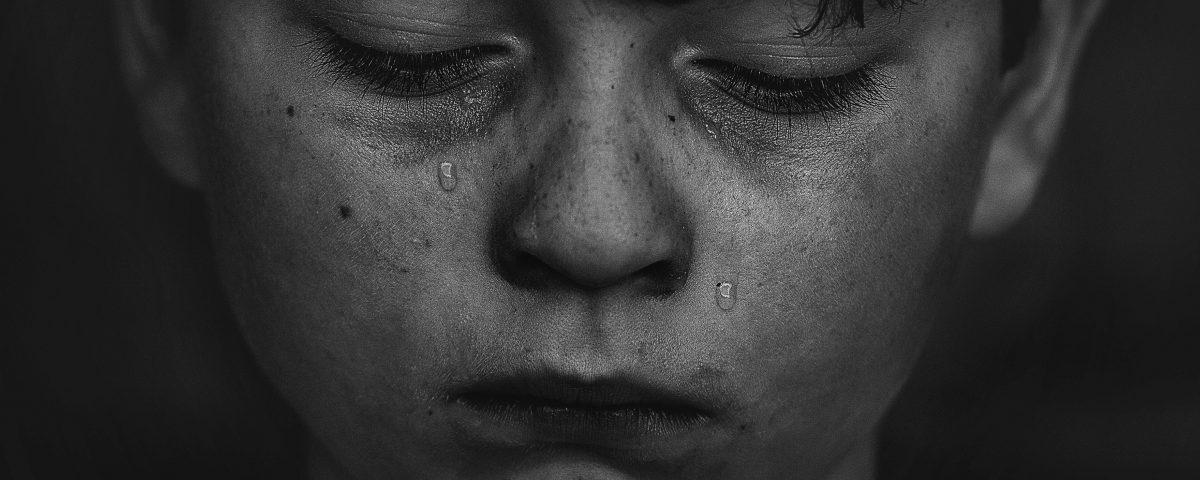Children who are bullied may be at a greater risk of developing fibromyalgia as adults, according to a cross-sectional study.
The study, “The association between bullying victimization in childhood and fibromyalgia. Data from the nationwide Finnish health and social support (HeSSup) study based on a sample of 64,797 individuals,” was published in the Journal of Psychosomatic Research.
Fibromyalgia is a complex condition characterized by physical symptoms such as chronic pain and fatigue, and psychological symptoms such as memory problems, depression, and mood changes. The condition is believed to be caused by a combination of factors such as infectious diseases, physical or emotional trauma, and hormonal changes.
Adverse events during childhood are risk factors for developing chronic pain and fibromyalgia in adulthood, and individuals with a genetic predisposition to these conditions are more sensitive to these triggers.
Bullying is a common childhood issue that can have a negative long-term impact on mental and physical health, but its association with fibromyalgia had not been studied before now.
In this cross-sectional study, researchers explored whether children who were bullied were at a higher risk of developing fibromyalgia as adults.
The study included 11,924 Finnish individuals who answered a Health and Social Support questionnaire in 1998 and two follow-up surveys in 2003 and 2012. The surveys asked whether participants had been bullied as kids and if they had ever been diagnosed with fibromyalgia.
A total of 515 (4.3%) participants reported having fibromyalgia. Of these respondents, 50.6% reported minor bullying, and 19.6% reported severe bullying in childhood.
Researchers found that those who had fibromyalgia as adults reported being more bullied in childhood. Men reported minor bullying more often, and women reported more severe bullying.
“There were statistically significant associations between minor and severe bullying victimization in childhood and fibromyalgia in adulthood,” the researchers wrote. “The observed association was more evident in severe bullying, but statistically significant in minor bullying as well.”
However, the association between bullying and fibromyalgia was not significant after taking depression into account, with the researchers adding that “it is unclear whether this is for example due to recall bias or whether fibromyalgia is associated with peer bullying only when depression … is present.”
The results suggest that kids who are bullied might be at higher risk of developing fibromyalgia as adults and that childhood bullying has long-lasting effects. However, more intensive studies are needed to fully understand this relationship.
“This leads us to the concept of resilience: why do some bullying victims get fibromyalgia, while others do not. This, however, is beyond the scope of our study, but we suggest it as a topic for further studies,” the researchers wrote. “The findings also emphasize the importance of actions to prevent childhood bullying.”

